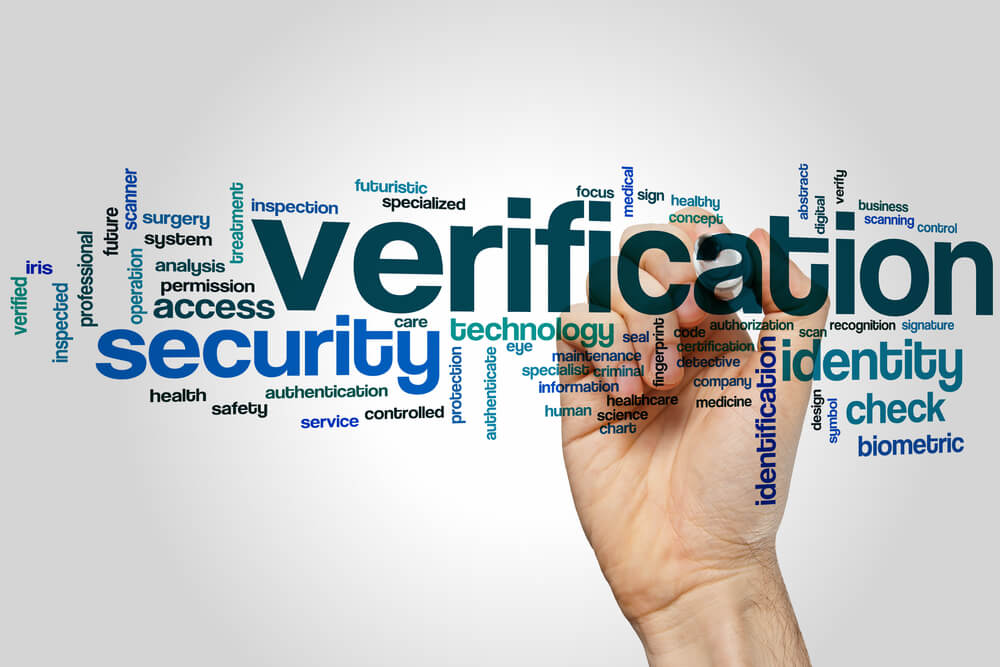
Customer identity verification (CIV) is a critical component of risk management. The first step in the customer identity verification process is to understand what it is and how it works. KYC stands for “Know Your Customer,” and refers to the due diligence that an organization must perform on its clients and customers to verify their identities. This might include things like requesting official documents from a client, running credit checks, or checking public records databases.
What is customer identity verification?
Identity verification is the process of confirming the identity of a person or entity. It is used to establish someone’s identity and ensure that the person or entity is who they say they are. Customer identity verification is often performed through the use of an identity verification software.
Benefits of customer identity verification
There are numerous benefits to implementing a customer identity verification solution. First, it helps you identify customers accurately and prevent fraud. Next, it reduces costs associated with chargebacks, refunds, and fraud management while improving the overall customer experience. Additionally, through improved revenue generation, it can increase sales by effectively targeting consumers with the right message at the right time. Finally, companies who invest in these solutions see increases in customer satisfaction and loyalty that lead directly to an improved bottom line over time.
KYC vs. CIP
Let’s start with the basics. KYC (aka know your customer) is a process to verify the identity of a customer, while CIP (customer identification program) is a more specific term. What does that mean?
KYC is a general term that can be used as an umbrella term for all processes involving verifying an individual’s identity. It includes checking documents such as passports or driver’s licenses, and asking questions like “What was your mother’s maiden name?” and “What city were you born in?” CIP refers specifically to the checks performed by financial institutions like banks and credit unions when doing business with new customers or on existing accounts. In short: KYC covers everything from filling out forms at border checkpoints to getting your first driver’s license; CIP refers exclusively to activities related to banking institutions.
Customer identity verification software solutions
There are many solutions available that can help you verify customer identity. Some solutions are free, some paid. Some solutions are specific to certain industries and types of businesses, such as ecommerce websites or banks. And some solutions are even geared toward particular countries or types of customers (like high-net-worth individuals).But no matter what your needs may be, there’s bound to be an identity verification solution that fits them perfectly.
Implementing customer identity verification software will help you maintain compliance while still providing a good user experience. Software solutions can help you maintain compliance and provide a good user experience.
Conclusion
All in all, the use of identity verification software is an important part of running a business, and it’s crucial to stay up-to-date on the latest compliance regulations. Implementing customer identity verification software can help you achieve this goal while also providing a positive user experience for your customers.